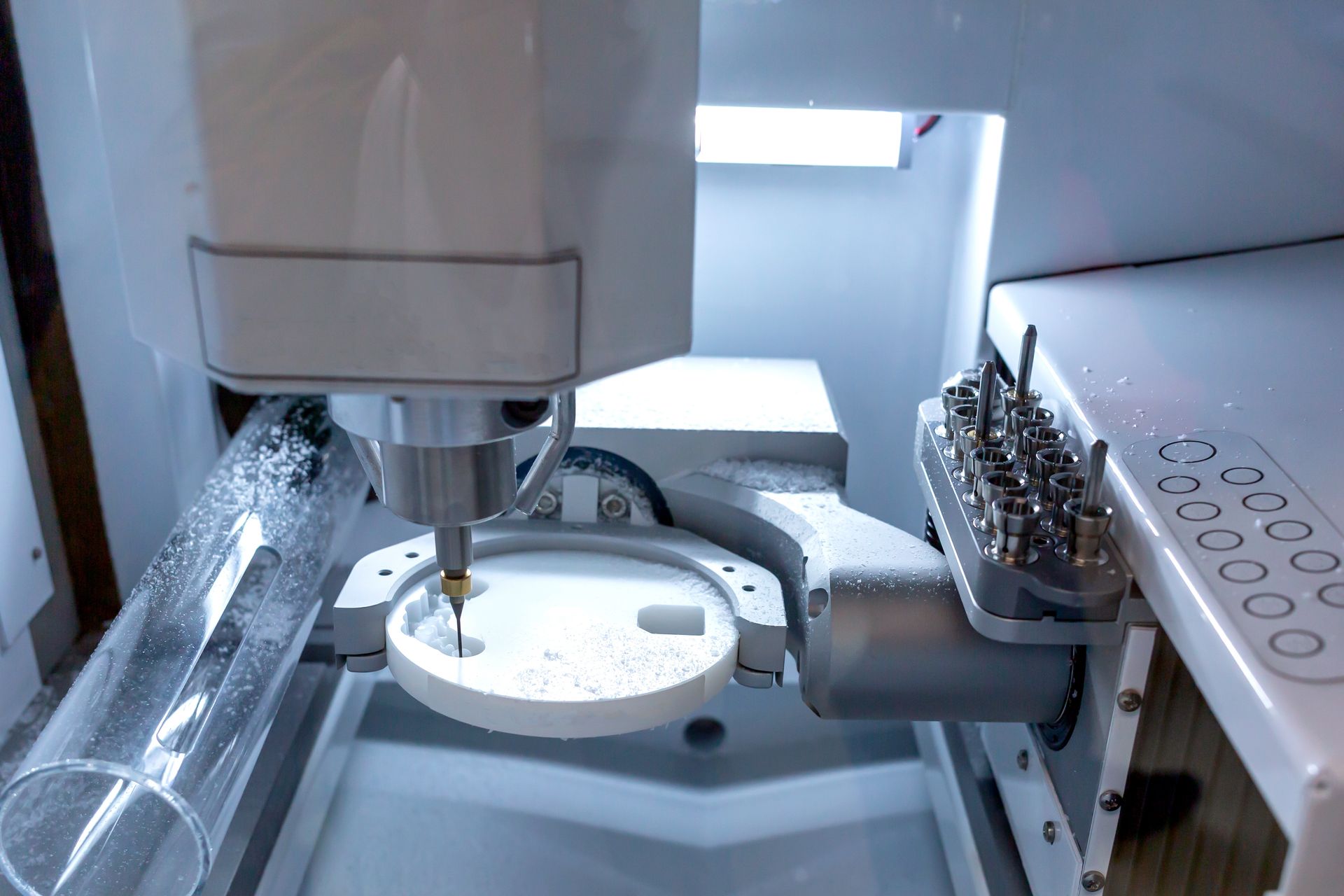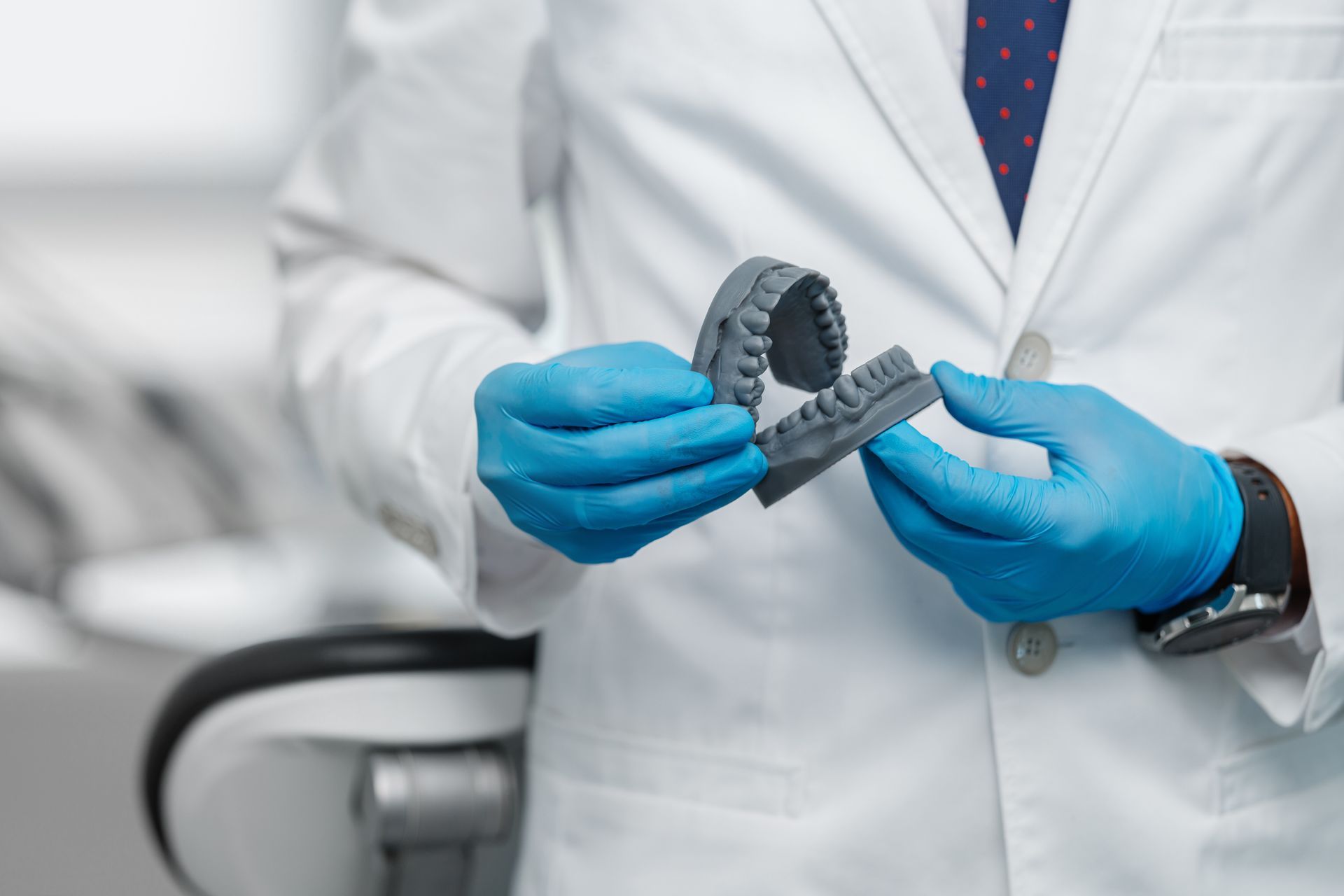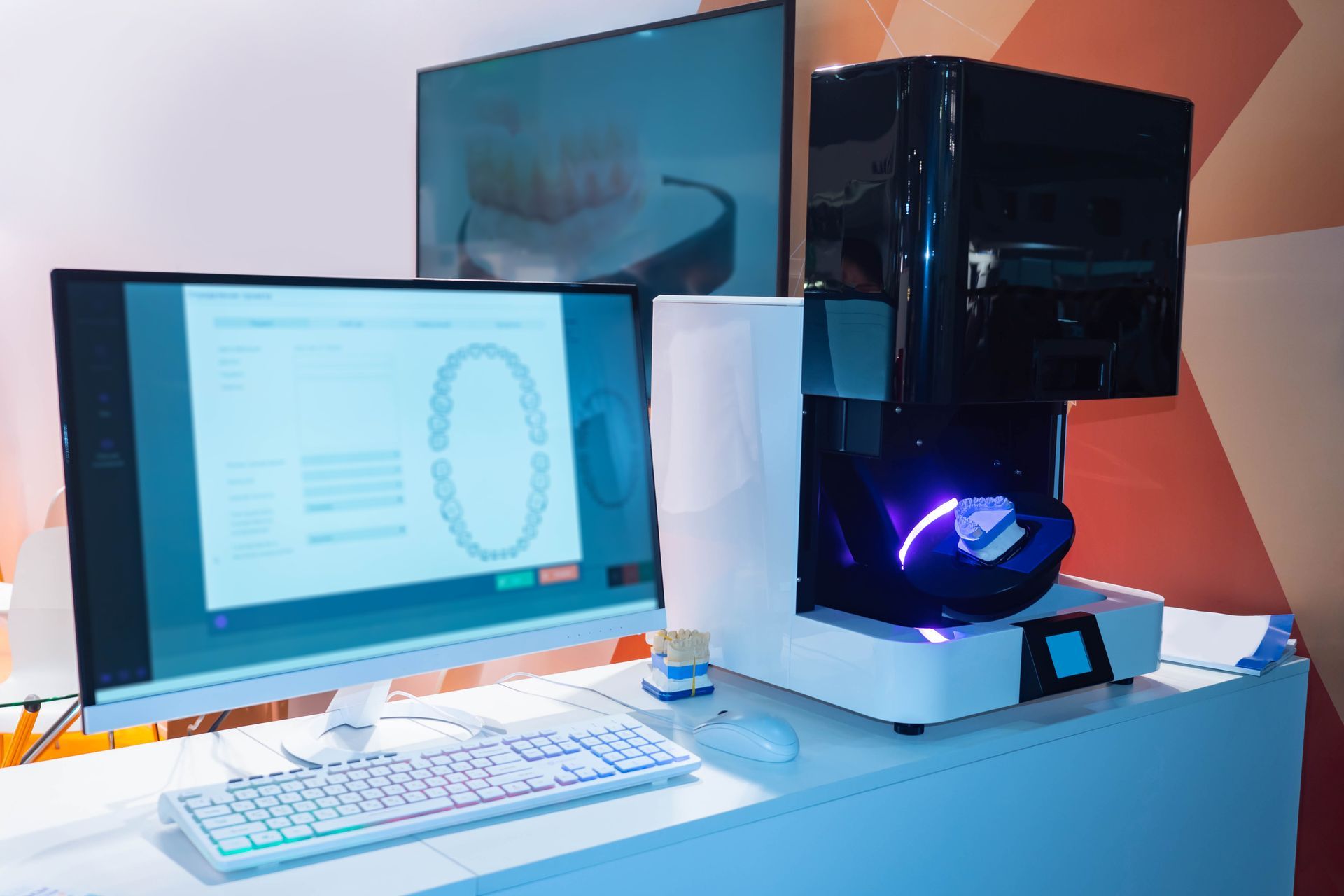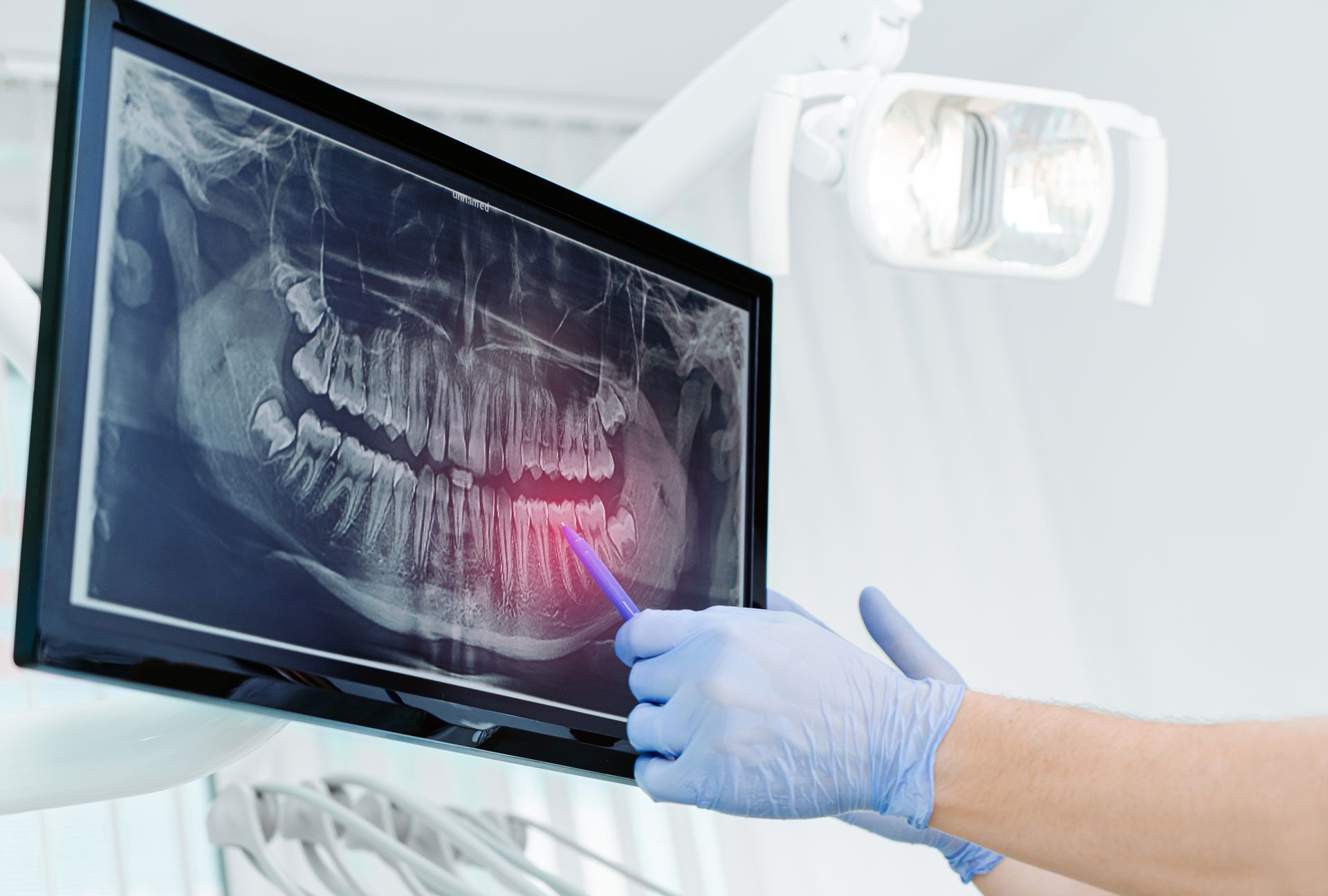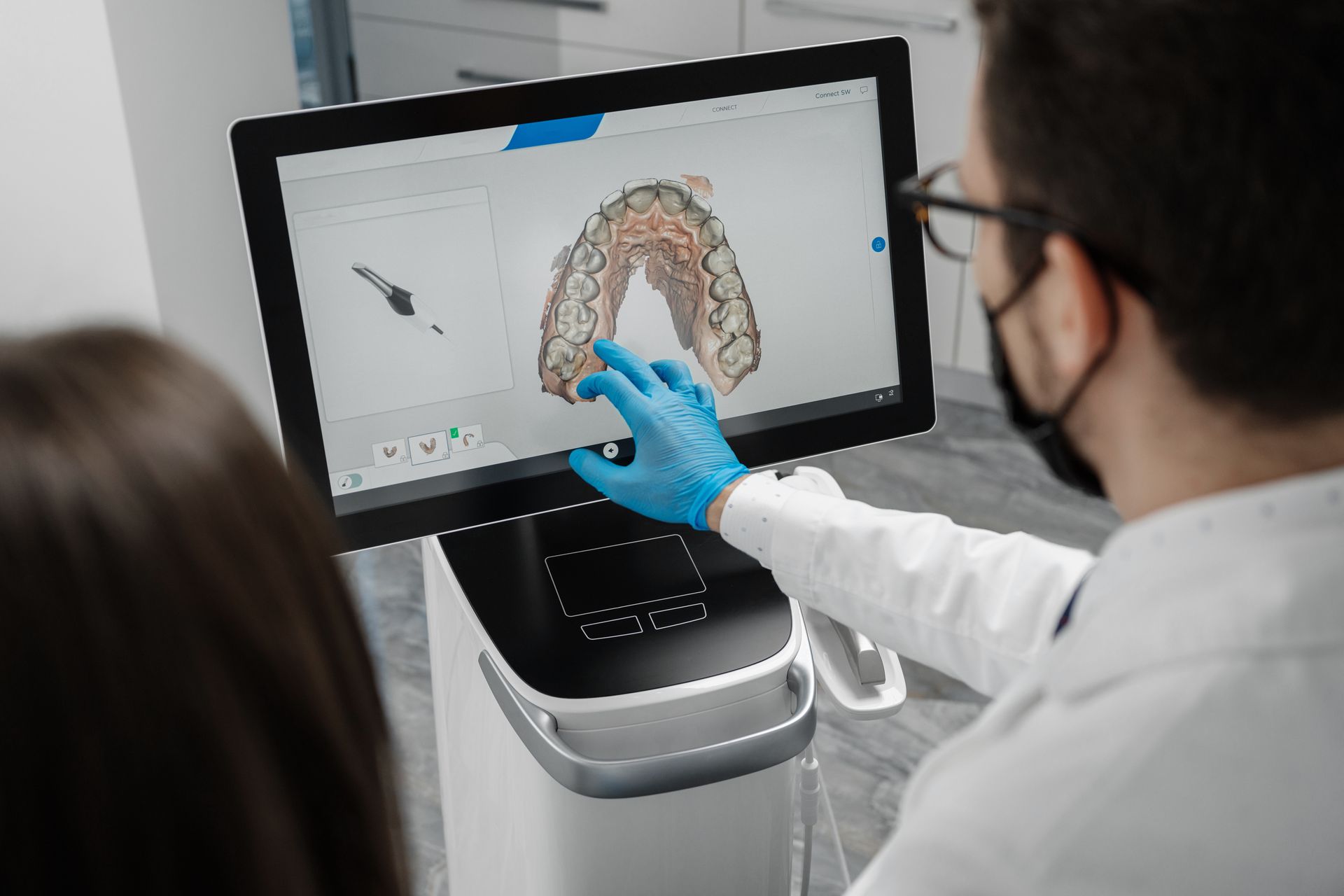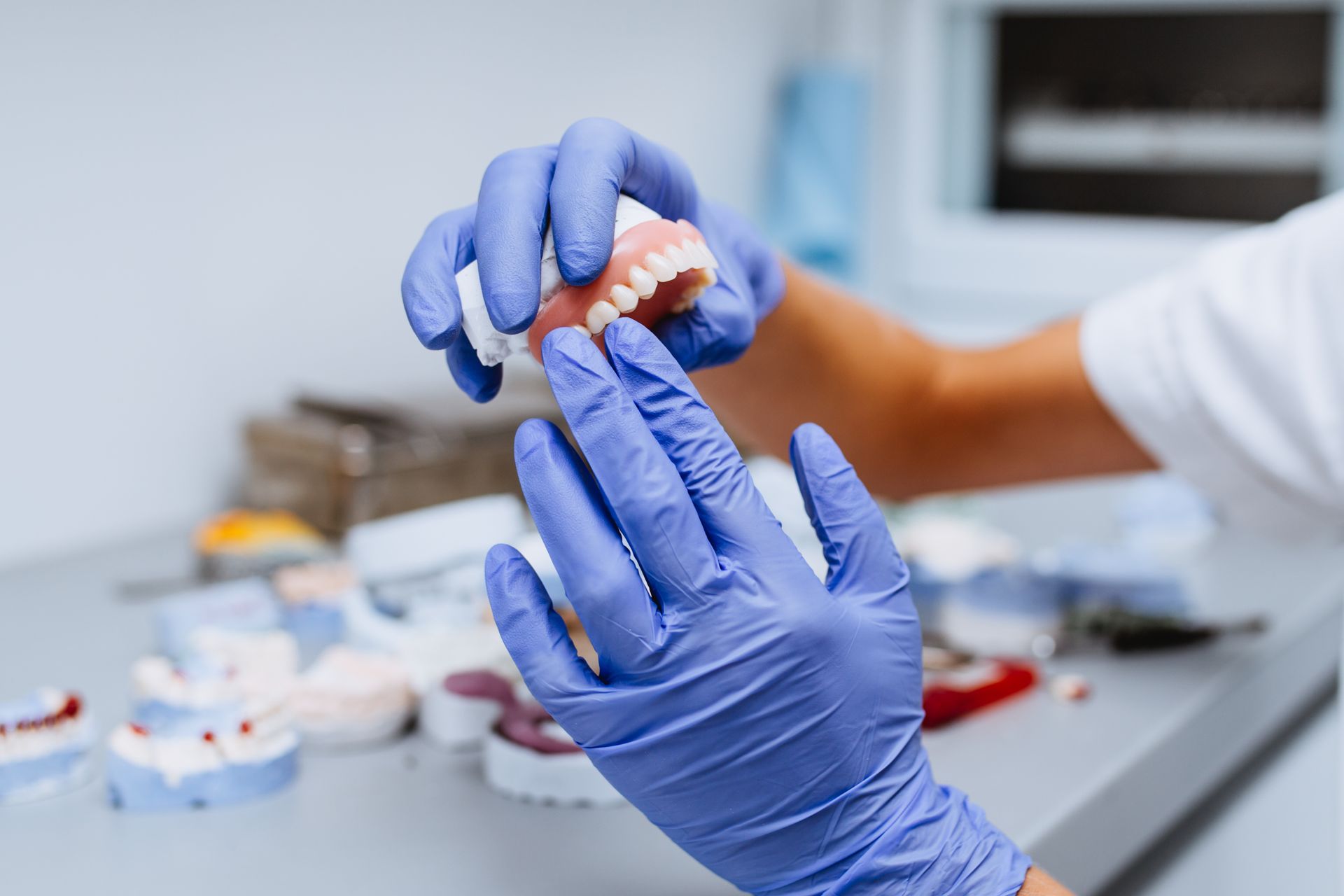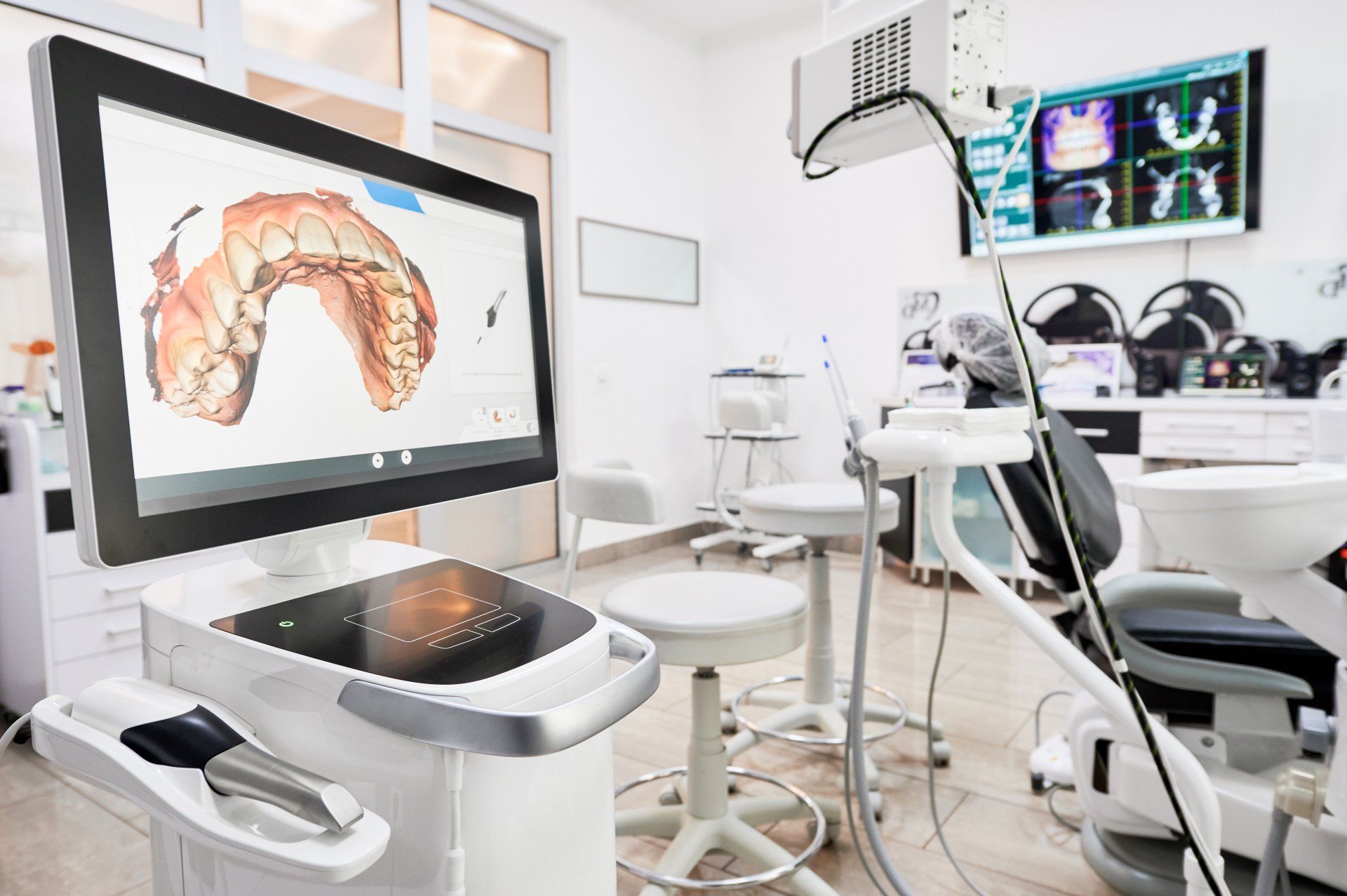3 Dental Impression Materials and What You Can Expect from Them
When choosing dental impression material to use on your clients, consider which ones offer precisely what you need for the job—no more and no less!
This means that if you need something that works well in the presence of water, for example, then you should pick one with hydrophilic properties. Of course, if this isn't the case, then you may opt for something that isn't. In other words, spending money on things you don't need out of your impression material only leads to unnecessarily costly procedures—which, in turn, end up being a cost that your patients need to cover!
That being said, if you are looking around for the best dental impression materials you can use, we've listed some here that you can consider using:
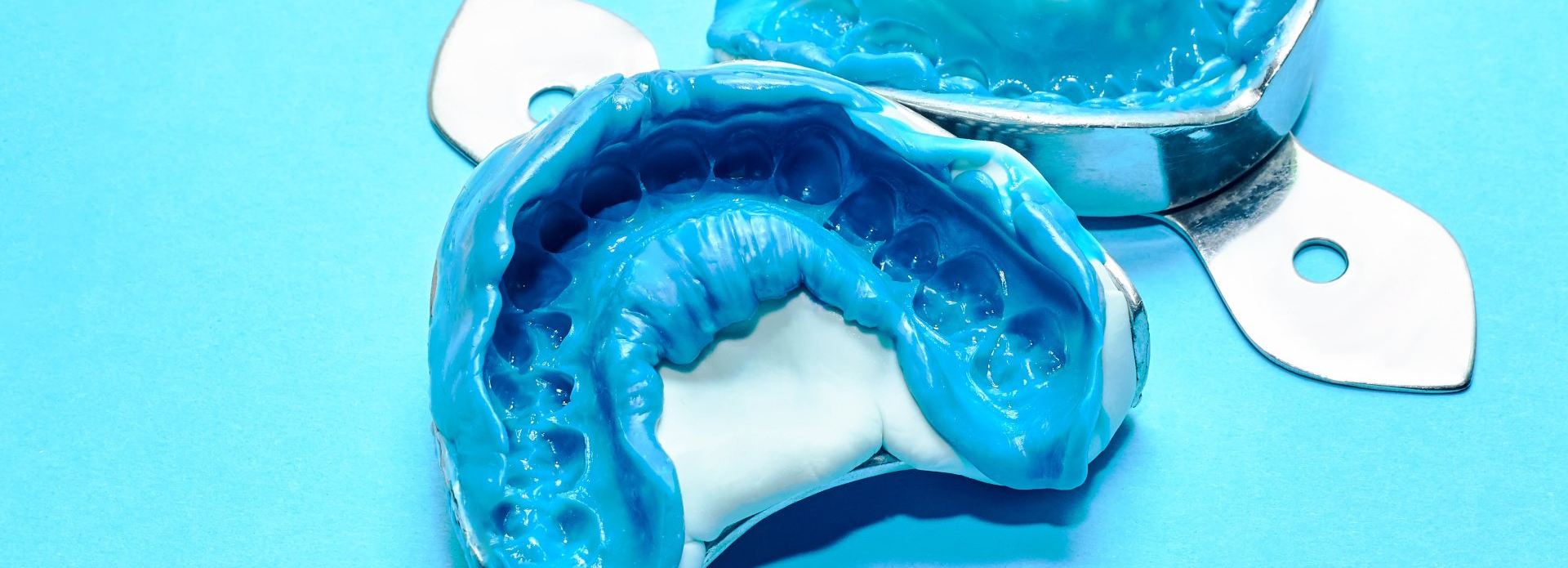
1. Alginate
If you are looking for an affordable and easy-to-use dental impression material, alginate is an excellent candidate. Not only can it be quickly set to create impressions, but it can also be quickly removed without any risk of tearing or damaging the impression itself.
Unfortunately, there are some downsides to alginate. First, it cannot create impressions that are as detailed as other, more expensive materials. Second, once the impression is made, a model must quickly be made because alginate will quickly dry and lose its accuracy! Finally, it will not work well if multiple models must be made out of it.
2. Polysulfide
If you need a dental impression material that can remain accurate even if there is moisture like saliva or blood, polysulfide is a good choice. Also known as Rubber Base, this soft material allows for base impressions that can be easily removed from the mouth. It is incredibly effective for making full-arch impressions, which makes it one reason many dentists use polysulfide for their impressions.
However, just like alginate, polysulfide has its downfalls. First, this material doesn't stick to itself. This means that if you need to take a wash impression within an already-made impression with voids in them. Second, other materials must be used when it comes to border molding, and if you are trying to do tray customization, this would be the case!
3. Polyvinyl Siloxane
If you are looking for one of the best materials that produce the best detail, polyvinyl siloxane is an excellent choice. With various viscous materials bonded together, polyvinyl siloxane can create impressions that, once set, retain stability and maintain the detail to the fullest extent. In fact, it sets so well that it can be shipped around without worry that details will be lost!
Unfortunately, there are still some downsides to this material. Chemical contamination from sources like latex gloves can easily cause the material to be unable to set properly, thus causing inaccuracies. It is also susceptible to tears, especially in tight spaces. This means that for jobs like full dentate arches, this material will not work well.
Conclusion
Each material has its ups and downs, and it is up to you to decide which pros that you favor more than the downfalls the material has to offer. With that in mind, regardless of which material you pick, be sure to only ever work with a professional dental lab to provide you with the materials and equipment you need. This ensures that you only work with the best quality materials and products possible, ensuring that your patients are happy with your work.
Vitality Tech LLC is a full-service dental lab servicing dental clients around the US, specializing in dental implants, fixed prosthetics, and more. If you are looking for the best dental labs for implants, partials, aligners, and more, work with us today!

